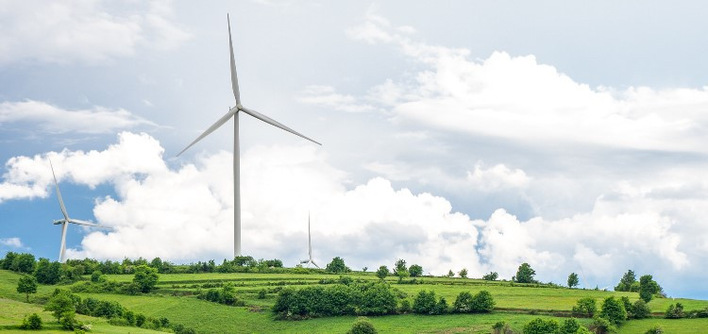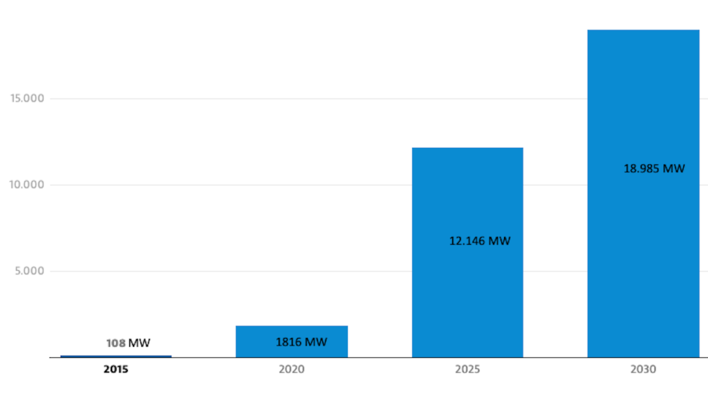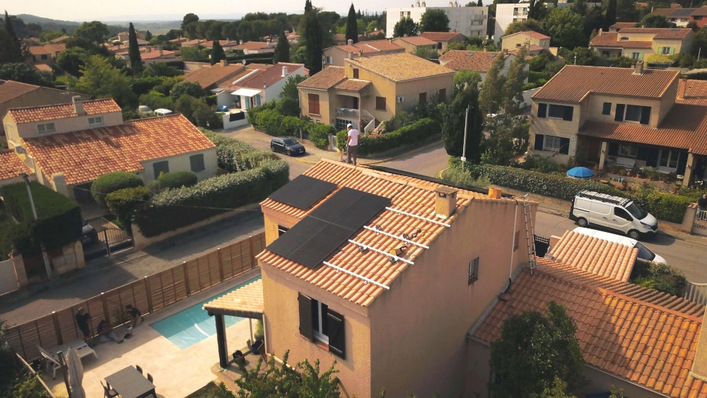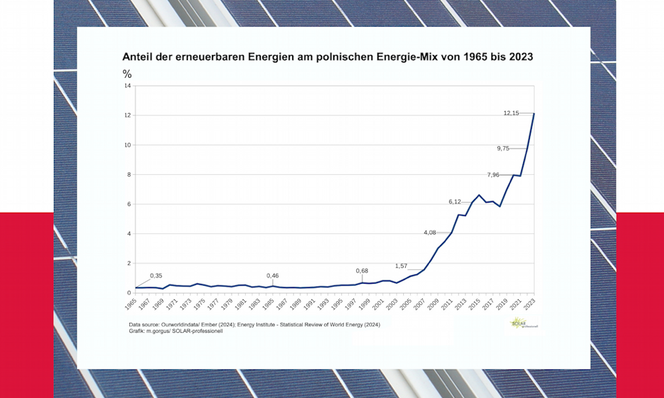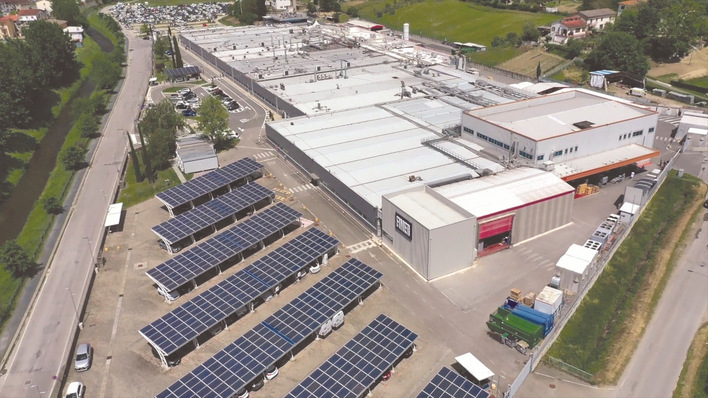Q Cells expects that 2021 will be a year like no other. Analysis of government policy, assessment of customer feedback and demand, and anticipation of our own product roll-out for 2021 leads Q Cells to predict a year memorable for growth, regrowth, and the arrival of long-anticipated leaps in technological performance and quality.
Q Cells highlights for 2021
2020 ended with Q CELLS becoming the first module manufacturer certified under the new Quality Controlled PV Program from TÜV Rheinland. This program promises to raise the bar in module quality to new levels, aiming to usher in a new baseline of manufacturing best practice that leads to greater solar system efficiency and longevity. In 2021, Q CELLS turns its sights to the development of next-generation solar technologies, with our global R&D headquarters in Germany diligent in its development of both n-type cell and perovskite tandem cell technology. Q CELLS CEO, Charles (Hee Cheul) Kim, said: “We are confident that our PV systems business will be differentiated by state-of-the-art PV technology. Next-gen PV modules paired with MLPE solutions, and new energy storage solutions will play a pivotal role in establishing the foundation of Q CELLS’ Distributed Energy Solutions (DES) business division.
This business will be built on top of our network of distributed assets to produce, distribute and sell renewable power.”Further products in the Q CELLS pipeline for 2021 include the latest iteration of our Q.ANTUM DUO module technology, which includes the Q.PEAK DUO-G10boasting power output of up to 480 Wp; and the Q.PEAK DUO-G11to become Q CELLS’ first +500 Wp power module, reaching a power output of up to 580 Wp. Q CELLS will also roll out in Q2 its new energy storage solutions, and a next-generation flexible mounting system.
Pioneered in Germany
Q Cells launched its energy retail services in Germany over 2019 and 2020, and has made great strides in this sector. In addition to growing this business – and the residential sector through the company’s well-established network of Q.PARTNERS – in 2021, Q CELLS will dedicate a great deal of energy to supporting the growth of Germany’s C&I solar market by expanding its power contracting and solar leasing services. These business models offer companies access to affordable renewable electricity from their own rooftop, without the need for an upfront investment. Q CELLS will use 2021 to further enhance its range of services, from PV through to electricity contracts in order to offer customers a complete solutions package from a single source.
Oliver Beckel, Director of Public Affairs for Q CELLS GmbH, said: “Germany’s Renewable Energy Act (EEG) 2021 will mostly directly boost the country’s small rooftop markets thanks to a system levy exemption on self-consumption for systems up to 30kW. We expect installations of clearly more than 1 GW in the residential sector. Here, we see a major role for us to play. In the C&I space, we anticipate that the new EEG rules for systems larger than 300 kW offer an opportunity to service this segment with more intelligent solutions, such as our power contracting and solar leasing models, which provide much-needed peace-of-mind and a stable ROI for the customer.”
Rooftop markets take centre stage, boosted by storage
Q Cells’ evolution into a total energy solutions provider places distributed energy solutions at the core of its European objectives. In the Netherlands, 2021 will see a continuation of the Dutch desire to embrace solar, with the residential market expected to account for close to 1 GW of new installs. “As the only tier 1 manufacturer with a large presence locally in the Netherlands, Q CELLS aims to further grow our service channel, partner network and team to ensure that we continue to provide the market with the best suitable products and meet the wealth of opportunities that lay ahead in 2021,” said Maarten Ribbens, Head of Sales Benelux.
“It is a similar picture in Belgium, where supportive subsidies for storage means that Q CELLS will introduce its new flexible ESS solutions into the Belgian market later this year.”In Italy, Q Cells is well-positioned to build upon its market leadership in the residential and C&I space, which is forecast to account for around 70% of this year’s +1 GW of new installations.
Attractive support scheme in Italy
“Q Cells continues to offer the best compromise on quality and price to Italian consumers, and delivers the most efficient partner network in the country,” revealed Marco Dona, Head of Sales Italy. “The new ‘Super Bonus’ support scheme will help support the strong return to growth of Italy’s residential sector, in turn boosting the storage market. To cement our position in 2021, Q CELLS will begin offering energy storage solutions for residential customers, and an improved suite of BOS and mounting structure solutions for the C&I space.” France’s residential rooftop solar market is expected to return to growth in 2021, underpinned by an appetite for smart and AC modules.
“For Q CELLS, this is a space that the company will support in 2021 with the rollout of specific module and system solutions to meet expected customer demand,” said Stephan Maurel, Head of Sales, France. “Plans to implement the new segment of the 100-500 kWp feed-in tariff have, however, been beset by delays in the calculation method for the new CFP values, which have unfortunately slowed uptake in this sector. Once these details are finalised, then we see great promise for these installations.”
2 GW market in Poland
A 2 GW market in Poland this year will be neatly split between rooftop and ground mount, said Szymon Kurjanski, Head of Sales Poland. “The Polish government has targeted a 50% renewable energy mix by 2040, which will see the introduction of a new support program for residential solar in Q3. To support this segment, Q CELLS will introduce its new energy storage solution into Poland later this year.”
The picture is similar in many other Eastern and Southern European nations, including Hungary, Slovakia and the Czech Republic, where the lack of net metering and diverse subsidy schemes is creating a growing demand among customers for flexible storage solutions, said Adrian Kocan, Head of Southern and Eastern EU Sales. Kocan added that in some southern European countries like Greece, utility-scale solar will remain the dominant sector.
80 percent CI growth in UK
For the UK, an 80% growth in the C&I space is expected in 2021, but one of the most interesting market developments will be in the residential space, where building integrated PV (BIPV) installations could see a breakthrough this year, as well as more traditional rooftop panels being installed during construction phase for new housing. “The UK government’s carbon emission reduction plan targets an overall 75% cut in new build housing carbon emissions by 2025,” said Ross Kent, Head of Sales UK, Ireland and Scandinavia.
“While this does not guarantee that solar PV installations will be adopted as a solution, there is an expectation that more and more housebuilders will be looking at PV solutions – whether integrated as BIPV or simply incorporating solar panels into the build process – to help meet these objectives.”
Re-emergence of Europe’s utility-scale markets
Q Cells’ Green Energy Solutions (GES) business division has bold plans in 2021 to develop and build numerous solar power projects in Europe. Currently, the company’s secured project pipeline is 4.5 GW in Iberia alone thanks to recent successes at auction. Utility-scale solar has returned with a vengeance in 2021. This sector kick-started Europe’s solar journey more than a decade ago, with the sunny southern nations of Spain and Italy leading the charge, followed by Germany, France and the UK – less sunny, but buoyed by generous government-backed incentives. In 2021, a renewed, low-cost-driven appetite for large-scale solar projects will shape the PV markets in many European nations, namely Spain, France, the Netherlands and Poland.
Did you miss that? EU solar market with double-digit growth in 2020
Gigawatt-scale utility markets are projected this year in France (1.04 GW) and Poland (1 GW), with the Netherlands also forecast to almost break 1 GW of new large-scale solar (932 MW). However, the real shining star in 2021 will be Spain, where more than 3.3 GW of utility-scale solar is forecast this year thanks to its auction-driven market.
Much of the demand in the 2021 French utility-scale market will be driven by low carbon footprint (CFP) projects, which are utility-scale installations that must use solar modules certified as low-carbon. “Q Cells is already extremely well positioned in this space thanks to our modules being CFP-certified,” said Laurent Bodin, Head of Utility Sales, France. “In 2021 we anticipate that more than 80% of market growth will be driven by the CRE [Energy Regulatory Commission] tender for CFP projects, strengthening year-on-year until 2030.”
A year like no other
The year 2020 will forever be etched into our memories. Yet amid the upheaval and rapid change, there was reassuring consistency in many walks of life. For solar in Europe in 2020, growth was 11%, with 18.2 GW of new capacity installed, according to SolarPower Europe.The forecasts for 2021 are for even more solar growth, but also a great leap forward in market development: of greater digitalization, better component performance, more competitive pricing and a more sophisticated energy system that offers consumers greater control over how they consume, source and store their electricity.“
Q Cells is confident that 2021 will be a year like no other,” concluded CEO Charles (Hee Cheul) Kim. “Having proven its resilience in 2020, solar PV will demonstrate in 2021 its incredible adaptability, reliability and popularity. We believe that in many years to come, 2021 will be looked back on as a pivotal year for solar energy and for Q Cells’ ongoing evolution from a PV manufacturer to a one-stop shop for smart and renewable energy solutions.” (hcn)


